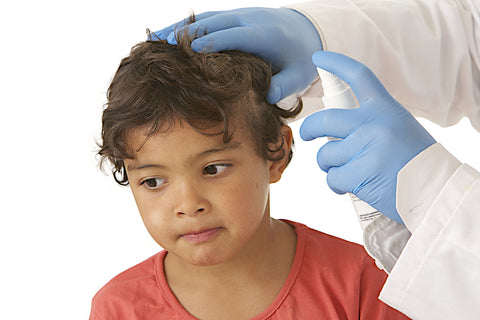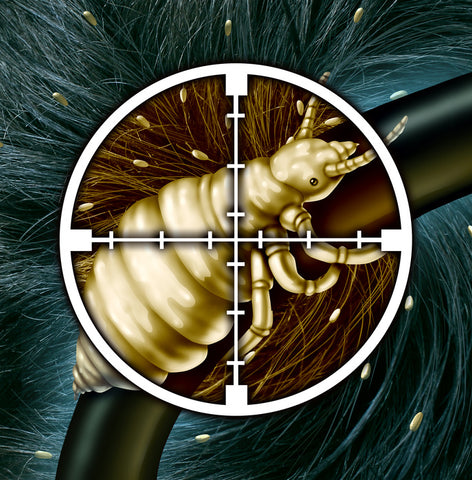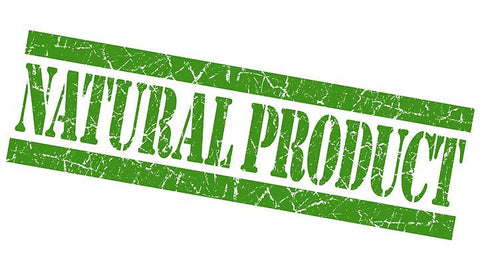Summer Camp Lice Prevention Tips - LiceGuard

Summer is in full swing and for 7.2 million children in the United States that means time for camp (and sleepovers!) The American Camp Association recognizes 8,400 overnight camps; that's a lot of campers sharing close quarters! Lice are among the most common problems that camps have to deal with. An article published by Lisa O'Neill Hill on CNN states, "We see increased cases after children have spent extended periods of time in the community." Many camps screen for head lice when children arrive, while others send letters to parents telling them to check their children for lice before camp starts.
When sending your kids off to camp, parents need to educate even the youngest of campers on how to prevent lice. One of the most important lice prevention tips to teach kids is what NOT to share. Hair ties, hats, helmets, head bands, bathing caps, etc. are tempting to trade, but should never be shared. Empower your kids to just say no to sharing certain items. Other important items to remind children not to share are towels, pillows, combs and brushes.
Find out the lice and nit policy at the camp before you commit. It may not seem as critical as remembering to pack your child's sunscreen, but it's good to know in advance, especially if the camp is far away from your home or travel is planned while the kids are away. Unfortunately, the reality is that most camps do have a no-nit policy and will send affected children home.
Some camps do screenings for lice upon the campers’ arrivals and hire nit pickers to treat any cases that arise. Services can include manually removing lice and nits, and using a high-heat dryer to kill any lice on clothes and bedding. These services can come with an added cost to the family, so be sure to ask before agreeing to have it taken care of by the camp. Some camps go a more basic route with over-the-counter chemical shampoos but it’s important to remember that the majority of lice are resistant to chemical treatments and you will want to know exactly what the camp staff is going to use on your child before you okay it. Other options can include taking the camper home and treating them yourself. It’s important to weigh the cost-benefit of both options and be sure that you and your child are comfortable with the solution presented by the camp.
Many camps also encourage preventative measures before sending children to camp. Checking your child, or even having your child checked professionally, and using lice repellents can offer peace of mind to the child and the parents. One great idea is to teach your children to use a lice repellent spray every morning before and during camp to keep these pests away. Additionally, teach children with long hair how to braid, or at least to do a tight pulled back bun or pony tail. YouTube and beauty bloggers have lots of “how to” videos with some really fun and easy up-do hair styles.
If your child does exhibit signs of lice (itchy head, tickling feeling behind the ears, at the back of the neck or on the scalp) or finds that a bunkmate has lice while at camp, tell them to remain calm and speak with a camp counselor about their concerns privately. Lice are not something to panic or become upset about. Explain to your child that it is very common and the sooner that they do something about it, the better. The worst thing would be if he or she was too afraid or too ashamed to speak to a counselor and their lice gets worse and potentially spreads. Remember lice is not a disease, it's a nuisance which is VERY treatable.
When your kids come home from overnight camps there are some things you can do make sure that no lice hitched a ride back to infest your home! Washing items does not kill lice but drying on high heat will. Take any bedding and put it in the dryer on the highest heat possible for at least 20 minutes. Don't forget about stuffed animals! If you cannot put certain items in the dryer, seal them in a plastic bag for at least 2 weeks to ensure any potential lice are killed. Lice need to feed off human blood and will die if they do not feed after 14 days. Continue to check your child for 10-14 days after camp to make sure they are truly home free. The sooner you find the lice, the quicker you can nip them in the bud! Even post camp season, doing weekly lice checks throughout the year is a great habit to get into.
Dealing with a Lice Infestation from camp?
Buy the RobiComb Today and Kill the Lice on Contact!
No Chemicals. Safe for Kids.
Buy Today at Your Local Pharmacy
- LiceGuard Webmaster












Comments 0